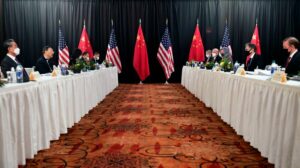
Once again, anti-communism is being used to stage a new Cold War. China is viewed as a systemic rival that should be denied access to technology and hampered in its access to markets. The goal is military containment and encirclement.

Once again, anti-communism is being used to stage a new Cold War. China is viewed as a systemic rival that should be denied access to technology and hampered in its access to markets. The goal is military containment and encirclement.
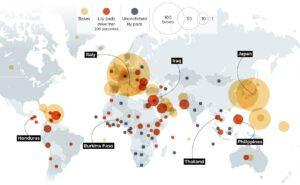
American socialists face the task of opposing American imperialism while showing internationalist solidarity with struggles for democracy, social reforms, and socialism in countries around the world.
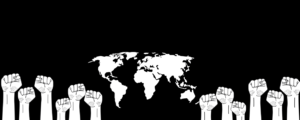
The problem with the campist perspective is that it so fixates on the role of imperialism and places so much emphasis on its ‘anti-imperialist camp’ that it ends up taking a very forgiving view of oppressive regimes.
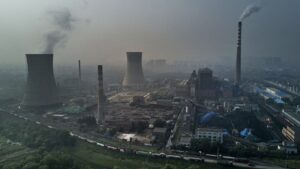
As “part of China,” we Hong Kongers have seen how China’s economic growth has contributed to the degradation of its environment. To be fair, Hong Kong’s economic takeoff had already harmed its environment before China took over the city. We . . .
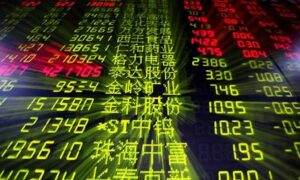
Any form of anti-imperialist politics that focuses on nations invariably arrives at pitting one of the faces of capitalism against another, which can only ever reproduce the very system it claims to fight.
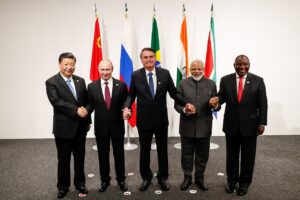
An examination of the significance of BRICS countries as “sub-imperial” powers in the context of global capitalism and imperialism.
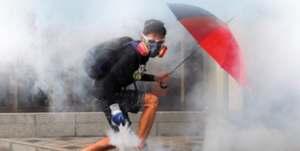
Anyone interested in getting a deeper understanding of how the 2019 Hong Kong rebellion fits into the bigger China picture and what might be coming around the corner, will do themselves a favor by reading Au Loong-Yu’s important new book.
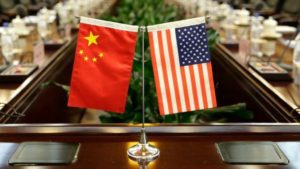
The United States and China are locked in a spiraling conflict over everything from the pandemic to trade, investment, high tech, geopolitics, and military hegemony in Asia.
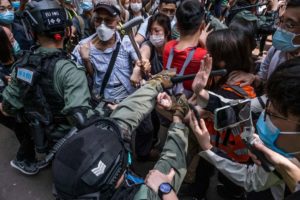
In an act of retribution to the Hong Kong movement beginning last year, which has seen prolonged street clashes between the police and protestors, China has decided to unilaterally impose new national security laws to Hong Kong.
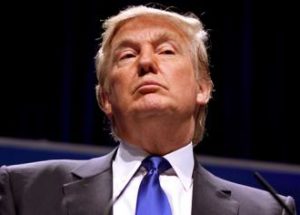
What faces us in the post-COVID-19 world as we struggle to uproot capitalism and its malignant racism, sexism, heterosexism, and environmental destruction, both in theory and in practice?
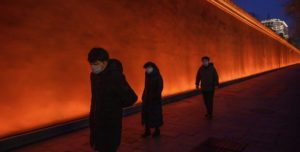
This interview with Kevin Lin explains how medical personnel in Wuhan, China sounded the alarm in late December as the coronavirus began to spread. After an initial period of denial and scapegoating, Chinese leaders took decisive actions to contain the . . .

The global coronavirus outbreak is not (fortunately) the end of civilization, nor is it (unfortunately) the end of capitalism. It is, however, a very deep systemic crisis with interlocking public health, environmental and economic dimensions — and reveals the need . . .
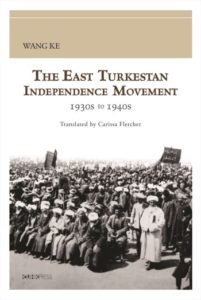
Wang Ke, tr. Carissa Fletcher. The East Turkestan Independence Movement, 1930s to 1940s. Hong Kong: Chinese University Press, 2019. 384 pp.
The horrific oppressive order in China’s far-western Xinjiang region—with perhaps a million or more ethnic Uyghurs (and members of other . . .
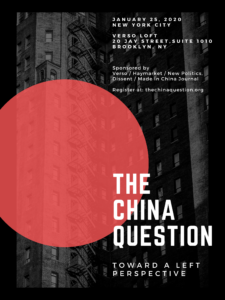
The China Question will hopefully provide the impetus for a more confident response on the left to the challenge of what looms as a new Cold War. In wider progressive circles, of course, knowledge of China and consciousness of the strategic questions discussed here is mixed. In many ways, the debate is only just beginning.

The annual World Economic Forum in Davos brought together representatives from government and business to deliberate how to solve the worsening climate and ecological crisis. The meeting came just as devastating bush fires were abating in Australia. These fires are thought to have killed . . .
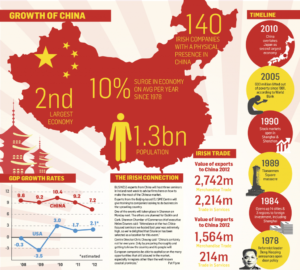
For much of the left, since the 1980s, neoliberalism has been an all-encompassing term to identify the character of contemporary capitalism. Neoliberalism has been defined as the privatization of public property and services, deregulation, free market trade and globalization.

This is a critical moment in the Middle East and North Africa. In 2019, uprisings have emerged in Sudan, Algeria, Iraq, Lebanon and Iran. All have opposed authoritarianism, neoliberalism, poverty, corruption, religious fundamentalism and sectarianism. Women have been active participants . . .
Teresa Wright, Popular Protest in China, Polity Press, Cambridge, UK, 2018
and
Jessica Chen Weiss, Powerful Patriots: Nationalist Protest in China’s Foreign Relations, Oxford University Press, 2014.
Teresa Wright’s concise but comprehensive overview, Popular Protest in China, has only become more relevant in the . . .
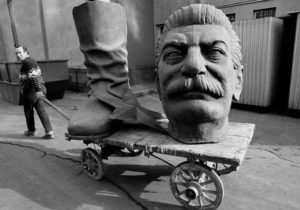
Remember when the Berlin Wall came down? I do.
Glued to TVs in DeKalb, Illinois, my college friends and I watched in envy and amazement as the young Berliners on our screens swarmed all over that unholy edifice attacking it with . . .
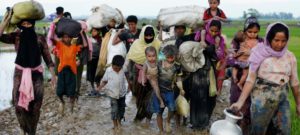
In early December of 2017 the Trump Administration officially withdrew the United States from the UN Global Pact on Migration, claiming the 2016 accord “undermine[s] the sovereign right of the United States to enforce our immigration laws and secure our borders.” . . .